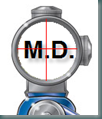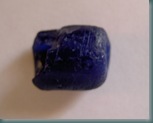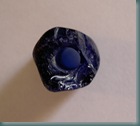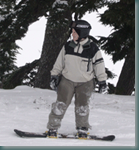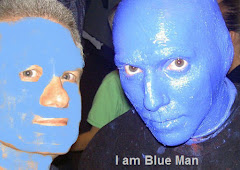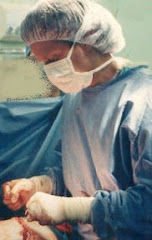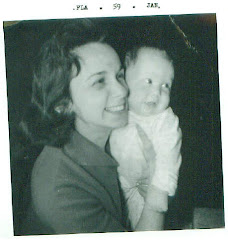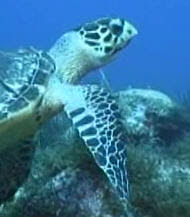Thermogenisis...the ability of the body to create heat, in the absence of any. Humans have largely degraded this process over time with the use of heaters, clothing and such, but our animal brethren do it quite well. Think about the hibernating bear in the cold cave. The body senses the need for temperature increase secondary to regulation to keep the optimum temperature in the body for core physiologic processes. Temp drops, and the cells "scream" for increase in the heat (like banging on the pipes) to they can do their work of cell division, and protein synthesis (among others). The body kicks in with and "uncoupling" cascade that puts the normal processes of the cell on hold, to divert to the "brown fat" heat production machine...we using ADP for ATP energy, produce heat, and then "stop" when the cells have had enough. Thermogenin is the protein largely responsible for that action, but the system can also be triggered by dinitro substances, thyroxine, bilirubin and long chain fatty acids. What a mahvelous machine eh? Brown fat...who knew?

So why would I share such "interesting to me but useless to the rest of the world" information? It took 2 lectures, umpteen Powerpoint slides, and hours of intention to get me to that understanding. I've been short, but the number of steps to get to this point in the "reaction" is 20 or 30 or so, with lots of side steps in between. The minutia of medicine and body science. Far greater minds have determined the value, but I wish somebody in clinical medicine, at the front lines of headaches, nausea, cancer, and diabetes would tell me how does this make me a better physician? I've heard all the rationale about mechanisms for drugs and all, but those can be summarized in quick fashion for everyday use. It's about accumulation of more information for information sake, isn't it?
Worse, the time element that this takes away from really knowing what is important. We spent hours on this, and only 1 on EKG reading. Paramedics get more intensive EKG training (and thank God for mine). The real reaction in learning is:
Time + content = memory & recall
There probably is an enzyme involved to stimulate this reaction. Some, et. al. have suggested coffee, Red Bull, Twinkies, apples, Monster and other such substances are effect catalysts. I think the studies were biased and unfortunately written up by those taking the substance. However, there is a formula for effective memory and recall, assuming that all AcH and GABA neurons are firing correctly in the brain to allow learning and retention (the problem in Huntington's disease for instance..oh no! Do I have Huntingtons?...aside: While learning diseases processes, it is imperative that the learner rule out that he/she has that disease)
Manipulation of the raw materials of this reaction is also important. Modify time (spend to little or too much) and learning is modified. Manipulate content (make it too hard or too easy) and learning is modified. So the mix of right time, with right content (at the control of the "teacher" receptor) = optimal learning. I can manipulate the time, and there is NEVER enough. So it is truly up to the teacher. This is not it's his/her fault rhetoric, it's simply the truth. I don't believe that most teachers fully understand that roll...to distill content and thus delivery, to optimize the use of time (limited supply) in learning what we need. We CANT learn it all, so why try to deliver all?
I sometimes forgot this simple fact when I taught. I totally understand wanting to share all you know, but in the speed to deliver, there lies the fundamental problem with lectures in general, and lecturing too fast in order to jam in all the stuff. The problem is compounded given the geometric growth of the information database in medicine. It's simple too much to learn in two years. But do we have to? Is it necessary?
I am more appreciative everyday of scholars like Dr. Eugene Stead who suggested that medical school was so far off base that the problems we see in the clinical practice and the system at large, are largely predictable and of our own making. And it starts at the lecturer/learner level. And as long as we fill our classrooms with instructors of great knowledge, but of little ability to fully understand their role in manipulation (after full analysis and consideration) of the content arm of this reaction, the reaction will always yield what it continues to yield...in all it's glory.
 her vehicle was hit by an explosive device in Kirkuk, Iraq (Photo: Holly & Mom).
her vehicle was hit by an explosive device in Kirkuk, Iraq (Photo: Holly & Mom). 















